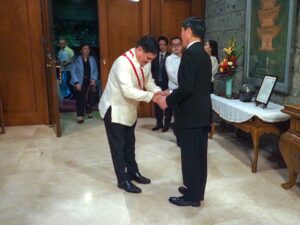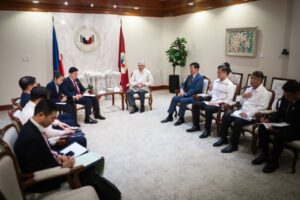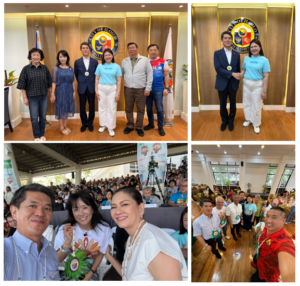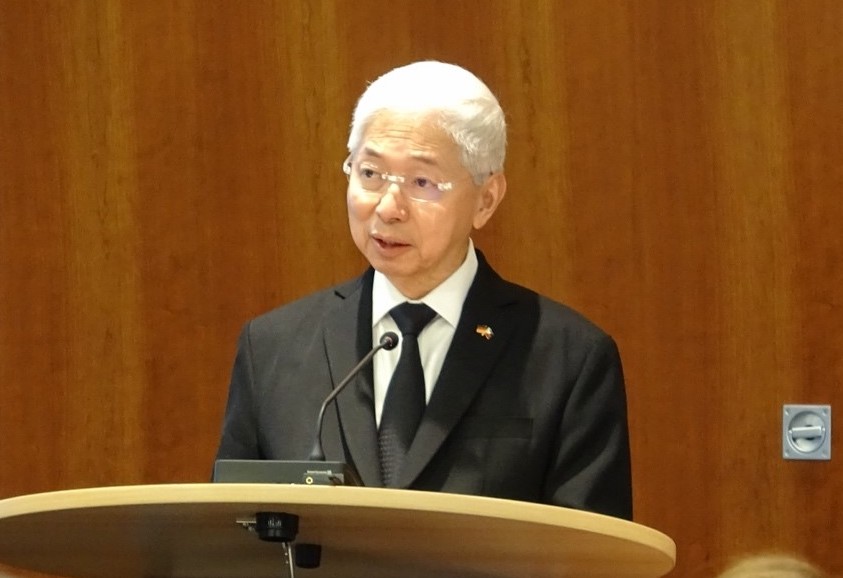
Philippines’ economic gains make the country an ideal market for German exports and a strategic hub for German manufacturing firms that intend to access the ASEAN region.
Department of Trade and Industry (DTI) Secretary Alfredo Pascual made this statement during his keynote message at the Philippine German Investment Forum on July 3, kicking off the Germany leg of the Philippines’ Europe Investment Roadshow.
“From a GDP growth rate of 5.7% in 2021, our country registered an impressive growth rate last year, 2022, of 7.6%—one of the highest in the ASEAN region,” Pascual said.
He further noted, amongst ASEAN economies, the Philippines grew the fastest for the first quarter of 2023 at 6.4% as compared to Indonesia’s 5.0%, Vietnam’s 3.3%, and Singapore’s 0.1% growth.
Secretary Pascual also cited several other factors that make the Philippines a viable investment destination, such as the country’s large domestic market of 113 million, young and skilled workforce, strategic geographic location in East and Southeast Asia with access to significant shipping lanes, and abundant natural resources, including renewable energy potential of about 250 GW, with ample reserves of green metals such as nickel, copper and cobalt.
Highlighting the flagship program ‘Build, Better, More’ aimed to establish a fair, prosperous, and resilient Philippines by 2040, Secretary Pascual explained, “The Marcos Jr. administration has made a commitment to expand our ongoing infrastructure development program, which currently encompasses 194 major projects with a total budget of PHP9 trillion or USD160 billion.”
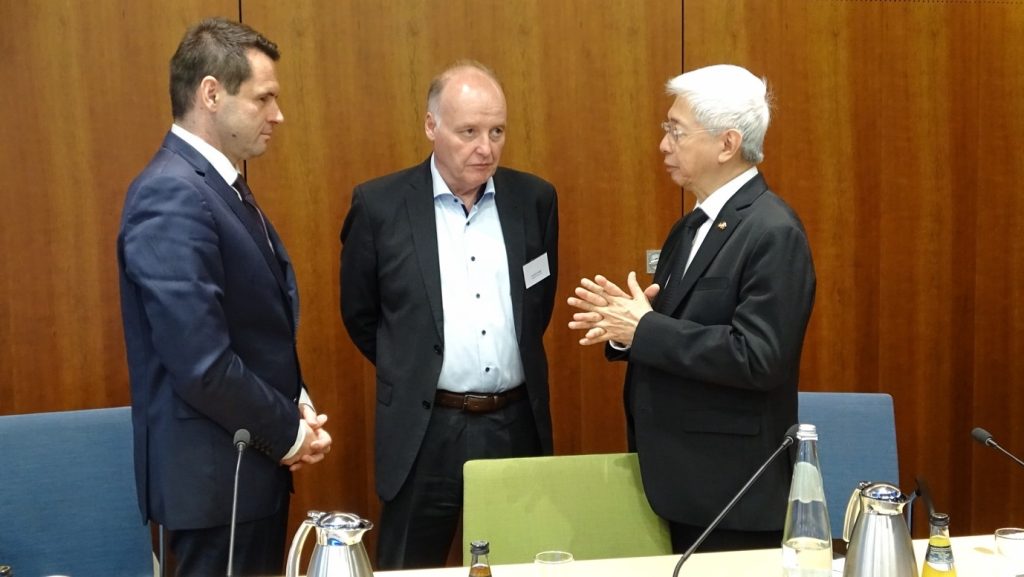
Meanwhile, in his opening remarks, DIHK Executive Board Member Dr. Volker Treier emphasized now is the time to strengthen Philippine-German ties and to explore cooperation amongst like-minded partners such as the Philippines.
According to Germany’s Electronics and Digital Industries Association (ZVEI) President Dr. Gunther Kegel, Germany must establish new partnerships and find new economic allies. Referring to Germany’s stated goals of ‘automation, electrification and digitization,’ he mentioned Germany is clearly underrepresented in the Philippines, and untapped investment opportunities exist for German companies.
DTI Undersecretary and Board of Investments (BOI) Managing Head Ceferino Rodolfo as well as Department of Energy (DOE) Assistant Secretary Mylene Capongcol also delivered presentations during the forum, focused on the slew of game-changing economic reforms that have been enacted in support of greater participation by foreign investors in the country’s electronics manufacturing, infrastructure development, and renewable energy sectors.
Likewise, IT Business Association of the Philippines (IBPAP) President Jack Madrid presented the case for German companies taking advantage of outsourcing opportunities in the fields of software development, games and animation, health information management, pharmaceuticals, insurance, accounting and finance.
Furthermore, Continental Temic Microelectronic GmbH’s Operations for Advanced Driver Assistance Systems and Autonomous Mobility Vice President Luc Quisthoudt provided insights about the company’s various operations in the Philippines, which spans over 40 years.
These include its 100%-owned Philippine subsidiary—Continental Temic Electronics, Phils. Inc. (CTEPI) located in Calamba, Laguna. Established in 2004, their local subsidiary currently manufactures radar and wheel speed sensors for the Korean and Japanese markets. Quisthoudt said CTEPI is committed to staying in the Philippines, highlighting Filipino workers are highly skilled, motivated, and tech-savvy.
Senior officials of at least 50 companies, including those from Siemens AG, Gamigo Group, Nivus GmbH, Continental AG, Lufthansa Group, Messer Group, Allianz SE, Telstra Limited, Bayer AG, Bauer Spezialtiefbau Gmbh, Synolytics GmbH, Pepperl + Fuchs and Voith GmbH were also present at the forum organized by the Philippine Trade and Investment Center (PTIC) in Berlin, in partnership with Germany’s Chamber of Commerce and Industry (DIHK) and the Asia Pacific Committee on German Business.
